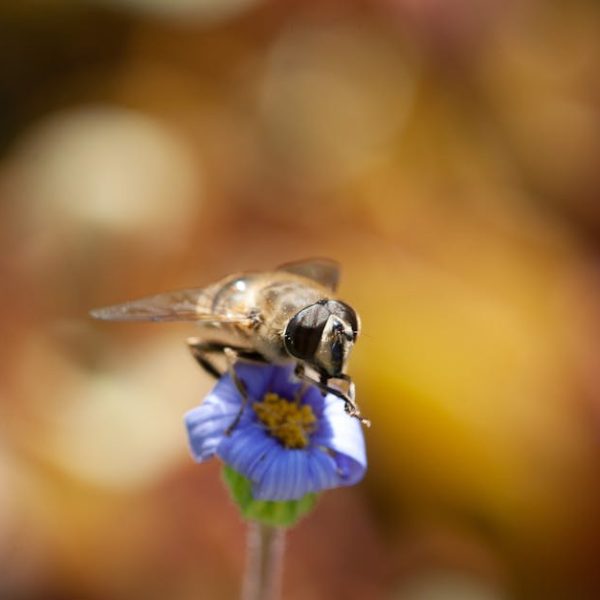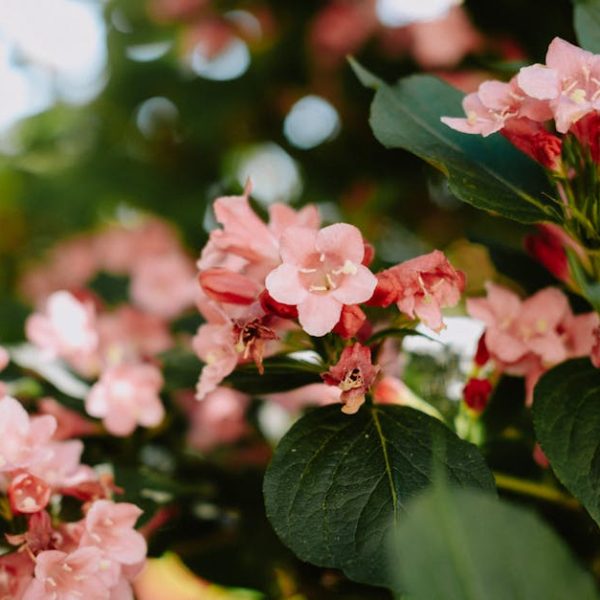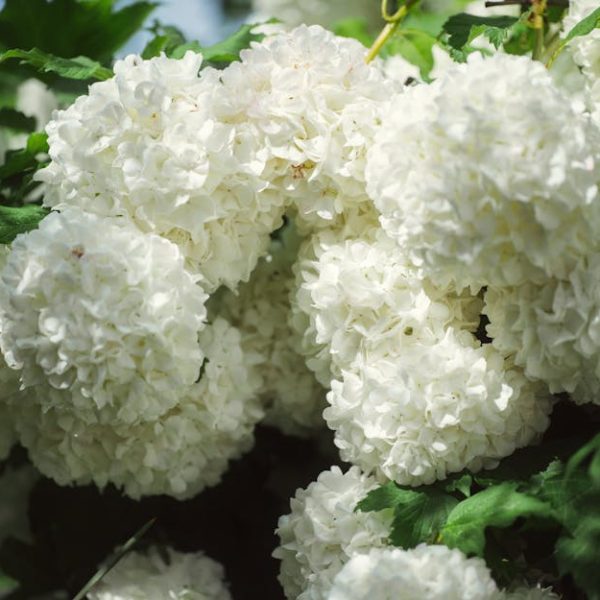Dealing with mosquitoes in your yard can be a frustrating experience. Not only do these pests pose a health risk, but they can also spoil the peaceful experience of being outdoors. Fortunately, nature has provided a solution – there are a variety of plants that repel mosquitoes while adding beauty to your yard. Let’s explore 14 of these easy-to-grow plants in detail.
Lavender
Lavender, known for its fragrant purple flowers, is a native of the Mediterranean region. Aside from being pleasing to the eye, the strong smell that lavender plants emit is distasteful to mosquitoes, keeping them at bay.
- Lavender thrives in sunny locations and needs to be planted in well-drained soil. They require moderate watering and the flowers should be pruned once bloomed to encourage further growth.
- Pro Tip: You can also use dried lavender buds around your home or essential oils on the skin for additional mosquito-repelling benefits.
Marigold
Marigolds, with their vibrant yellow-orange flowers, have a unique scent that mosquitoes find offensive. Not only do they ward off mosquitoes, but they also repel other insects and are a favorite among pollinators like bees and butterflies.
- Sow Marigold seeds in well-drained soil, ideally in an area with ample sunlight. While tolerating a wide range of conditions, they do especially well with regular watering and occasional fertilizing.
- Best Practice: Plant marigolds near windows or seating areas in your yard to maximize their repellent effect.
Basil
Commonly found in kitchen gardens due to its culinary benefits, Basil is lethal to mosquito larvae and therefore acts as a deterrent for mosquitoes looking for places to lay eggs.
- Basil plants are easy to grow and maintain. They thrive in a sunny window with ample water supply.
- Pro tip: Consider making a homemade mosquito repellent by boiling basil leaves in water and using the water as a spray.
Lemon Balm
Lemon Balm’s high levels of citronellal make it a potent mosquito repellent. Despite being attractive to pollinators like bees, this plant is an excellent way to maintain a mosquito-free yard.
- Lemon Balm, similar to Mint, is a hardy plant that can take over a garden if not managed correctly. To keep this growth under control, consider planting it in containers or use it as a border plant in your garden.
- Best Practice: Trim Lemon Balm frequently. This can help prevent its swift spread and also can yield leaves that can be used in a homemade mosquito repellent spray.
This is just the beginning! There are several more plants that you can grow in your backyard or garden to naturally repel mosquitoes and ensure an enjoyable outdoor experience.
Catnip
Did you know that according to studies, Catnip is up to ten times more effective at repelling mosquitoes than DEET, a common ingredient in most insect repellents? While loved by cats, mosquitoes despise the smell of this plant.
- There are over 250 species of Catnip, but the most common one, Nepeta cataria, is a very hardy plant that can survive in almost all conditions.
- Pro Tip: Crushing fresh Catnip leaves and applying them to your skin or placing them around your home can help ward off pesky mosquitoes.
Rosemary
Rosemary is a favorite among many gardeners and not just because of its culinary uses. The woody scent of the plant is unpleasant to mosquitoes making rosemary an excellent repellent.
- Rosemary prefers well-drained soil and plenty of sunshine. After the plant flowers, prune it lightly to help promote additional growth.
- Pro Tip: Add a sprig of Rosemary to a barbecue or bonfire. The aromatic smoke will keep mosquitoes at bay and add a delicious flavor to your food!
Geranium
Lemon-scented Geraniums are just as effective at repelling mosquitoes as they are beautiful additions to your garden.
- Geraniums prefer sunny and dry conditions, so consider these factors when placing them in your yard.
- The repellent effects differ among the various Geranium species, but it’s safe to say that all types perform well when it comes to keeping mosquitoes away.
- Versus: Regular geraniums might not have the same mosquito-repelling properties as the lemon-scented varieties, but both types add lovely splashes of color to your garden.
Eucalyptus
Eucalyptus is well-known for its oil, which is a proven deterrent for mosquitoes and other bugs. The robust scent of the eucalyptus disrupts the olfactory senses of the mosquitoes, making it difficult for them to find food.
- Plant Eucalyptus in a sunny location with well-drained soil. Although it is moderately drought-tolerant, it does prefer regular watering.
- Pro Tip: Try creating a homemade repellent using Eucalyptus oil. Not only will it keep mosquitoes away, but it can also ease coughs and promote relaxation.
From Bee Balm, known for its mosquito repelling scent and its benefits to pollinators, to Floss Flower with its cyanic compounds which are toxic to mosquitoes, each of these plants have different characteristics that can help keep annoying mosquitoes away.
Conclusion
Gone are the days of tolerating mosquito bites in your own yard! Creating a mosquito-free space is easy as long as you know which plants to grow. Not only will you be preventing mosquito bites, but you will also be adding beauty and fragrance to your garden. So get planting and enjoy those long, mosquito-free summer evenings outdoors.
Key Takeaway:
- A variety of plants can act as natural mosquito repellents. These include Lavender, Marigold, Basil, Lemon Balm, Catnip, Rosemary, Geranium, and Eucalyptus.
- These plants not only keep mosquitoes at bay but also contribute to the overall aesthetics and fragrance of the garden.
- Each of these plants has unique planting and care requirements. For maximum effectiveness, it is important to understand these for best growth and mosquito repelling effects.
- Some of these plants like Lavender, Basil, Rosemary, and Eucalyptus can also be used in homemade sprays or directly applied for additional protection from mosquitoes.
Creating a mosquito-free yard or garden is now easier than ever before. Not only will you enjoy a peaceful and insect-free outdoor space, but your yard will also be adorned with nature’s best fragrances and beauty. These easy-to-grow plants offer a natural, aesthetic, and eco-friendly solution for a safe and enjoyable summer.
FAQs
Q: Can these plants replace chemical-based mosquito repellents completely?
A: Yes, these plants are effective in repelling mosquitoes. However, their efficiency may vary depending on the intensity of the mosquito problem and other environmental factors. Using these plants along with other preventive measures like screens and bed nets can ensure better protection.
Q: Can these plants be harmful to people or pets?
A: Most of these plants are safe for people and pets. However, some, like Pennyroyal, can be toxic if ingested in large amounts, especially by pets. If you have pets, it’s best to research and verify a plant’s safety before introducing it to your garden.
Q: How should I choose which of these plants to grow?
A: Each of these plants has specific growth requirements related to sunlight, water, and soil. Consider your local climate, soil type, and yard’s sunlight exposure when choosing which plants to grow.
Q: How effective are the essential oils of these plants in repelling mosquitoes?
A: Essential oils derived from these plants can be highly potent in repelling mosquitoes. However, their potency and application might vary, and some people may be allergic to certain plant oils.
Q: Are these plants equally effective in repelling other pests?
A: Some of these plants might also deter other pests. For instance, Marigolds can repel insects like aphids and nematodes besides mosquitoes. However, the effectiveness can vary from one pest to another.
Thank you for reading! We hope you’ve found this article helpful. Feel free to share it with your friends and family who might benefit from it. Explore more posts on our website to continue your journey towards a mosquito-free, beautiful yard!






